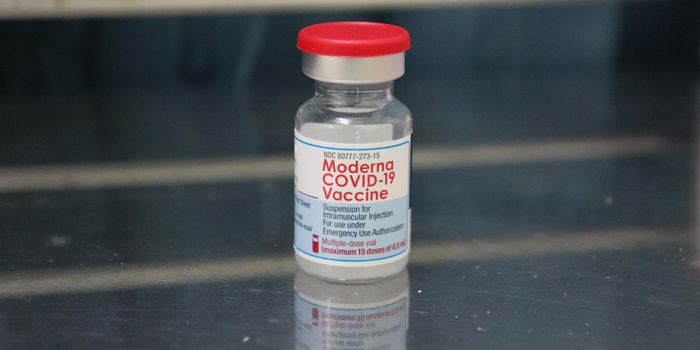More Servings of Fruits and Veggies, Less Risk of Heart Disease, Cancer
You have heard “an apple a day keeps the doctor away,” but new research suggests that it is more like five to eight apples, plus other types of fruits and vegetables too.
Led by Dagfinn Aune and his team from the Norwegian University of Science and Technology, researchers completed a massive meta-analysis of the link between eating fruits and vegetables (F&V) and the reduction of risk for chronic diseases, reviewing 142 publications from 95 different populations and involving hundreds of thousands of people.
Fruits, often referred to as “nature’s candy,” and vegetables contain phytochemicals, fiber, and nutrients that gives the body the tools it needs to run smoothly. Not only do F&V have these beneficial components, but they also contain zero “anti-nutrients,” a term researchers at the North Carolina Research Campus (NCRC) use to describe sodium, cholesterol, and saturated fat, which studies show to increase an individual’s risk for chronic diseases.
Nicholas Gillitt, PhD, Director of the Dole Nutrition Institute at the NCRC, says that “fruits and vegetables are the only food that can naturally give us phytochemicals.” Also called antioxidants or bioactive molecules, phytochemicals are compounds in F&V that prevent disease by eliminating free radicals from the body. Individuals cross paths with free radicals regularly; they can take the form of smoke, ultraviolet light exposure, or even as a “natural byproduct of sugar metabolism.”
Aune and his team also examined subcategories and individual varieties of F&V that could be specifically helpful for preventing certain diseases. They identified several types of F&V especially beneficial for preventing cardiovascular disease and premature death:
- Apples and pears
- Citrus fruit
- Fruit juice
- Green leafy vegetables
- F&V dense with vitamin C
They also found that canned fruit is actually linked to an increased risk of cardiovascular disease and premature death, but that is another story for another day.
For picky eaters, why not just take a supplement to get all of the health benefits you need in a pill? "Supplementing with antioxidants and vitamins does not have the same beneficial effects, so probably it's the whole package of beneficial substances that you get from eating fruits and vegetables that acts synergistically," Aune explained.
The results from the meta-analysis suggest that nearly eight million deaths across the globe could be preventable simply by people eating more F&V, 800 grams every day to be exact, leading to a lower risk of heart disease, stroke, cancer, and premature death. Between two and four million of these preventable deaths are associated with cardiovascular disease.
"The risk of heart disease, strokes and premature death decreased by 10.8 per cent for each 200 gram increase in consumption of fruit or vegetables, up to an intake of 800 grams," Aune said. Five pieces of F&V equals about 500 grams; this is what is recommended by many national health authorities. The present study recommends eating even more.
People who eat large amount of F&V tend to also participate in other healthy behaviors like frequent exercise, not smoking, drinking only moderate amounts of alcohol, and eating red or processed meat only on rare occasions.
This is something to consider; F&V are certainly beneficial to the human body, but in studies of people who choose to eat a lot of them, there are other factors to consider when investigating the health benefits present in their lives.
"Many, but not all of the studies in our analysis adjusted for these factors. We saw pretty much no significant difference in the results of studies with and without this kind of adjustment,” Aune explained. “Nevertheless, we cannot completely exclude that the results are due to factors we have not been able to take into account.”
"Part of what is most fascinating about this study is that the association between fruit and vegetables and mortality is greater than one would expect only on the basis of the relationships we find with cardiovascular disease and cancer, so it is conceivable that fruit and vegetables are beneficial in preventing other diseases and causes of death as well," Aune said. "But since we had very limited data, we could not do analyses for other causes of death. This is something we want to pursue."
Aune’s study was published in the International Journal of Epidemiology.
Sources: North Carolina Research Campus, American Heart Association, Norwegian University of Science and Technology










